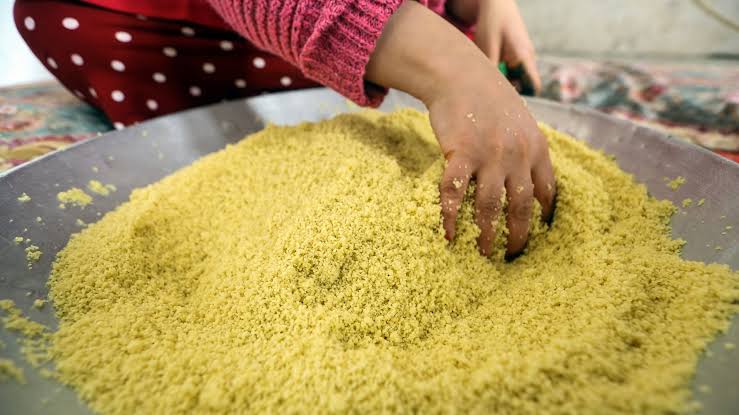
A prominent Algerian official has sharply accused neighboring Morocco of appropriating couscous, a culinary staple cherished across North Africa, warning that the country risks erasing Algerian heritage in what he describes as a cultural dispute.
The minister responsible for cultural affairs delivered a pointed message during a televised interview in Algiers, stating that couscous a dish rooted in Algerian traditions and regional variations has been increasingly promoted by Morocco as part of its national identity. He cautioned that this branding effort could overshadow Algeria’s own long-standing culinary legacy.
“Couscous is ours, it belongs to all Algerians and all our communities,” the minister remarked. “We will not allow its history and variations to be stolen or monopolised in Morocco’s cultural narrative.”
His comments come amid rising tensions over proposed cross-border registrations of culinary practices under intellectual property frameworks, which cultural experts believe may fuel nationalist sentiments and spark broader debate on shared cultural ownership.
Algerian commentators are taking the matter seriously, highlighting the many regional versions of couscous found across the country from spicy chicken and vegetable varieties in the Kabylie region to lamb- and date-infused styles in the south underscoring a diversity that stretches well beyond Morocco’s borders.
Moroccan officials have not yet responded directly, though past positions indicate they view Moroccan cuisine, including couscous, as a reflection of the country’s own culture and history.
As both nations lay claim to couscous, culinary ambassadors and cultural historians in the region are urging for a joint study or recognition initiative that celebrates the dish as a shared symbol of Maghrebi identity, rather than a source of rivalry.
The controversy reflects the enduring importance of gastronomy in national identity and regional diplomacy. In North Africa, where food intertwines with history, religion, and community, even a simple staple like couscous can become a potent symbol of cultural pride and contest.

